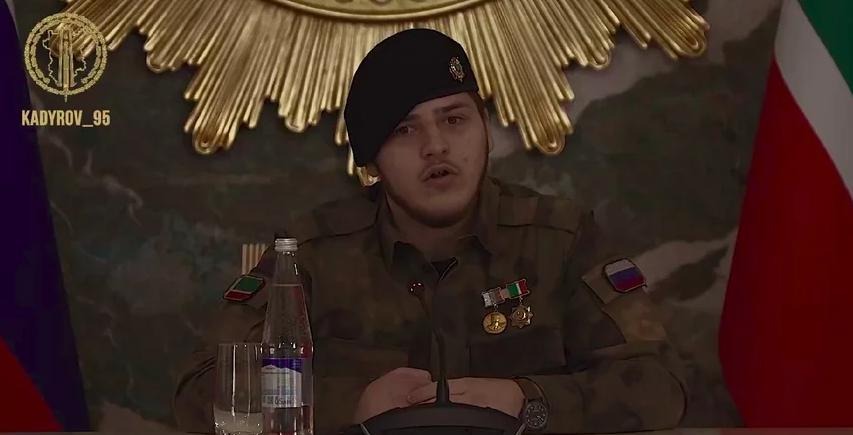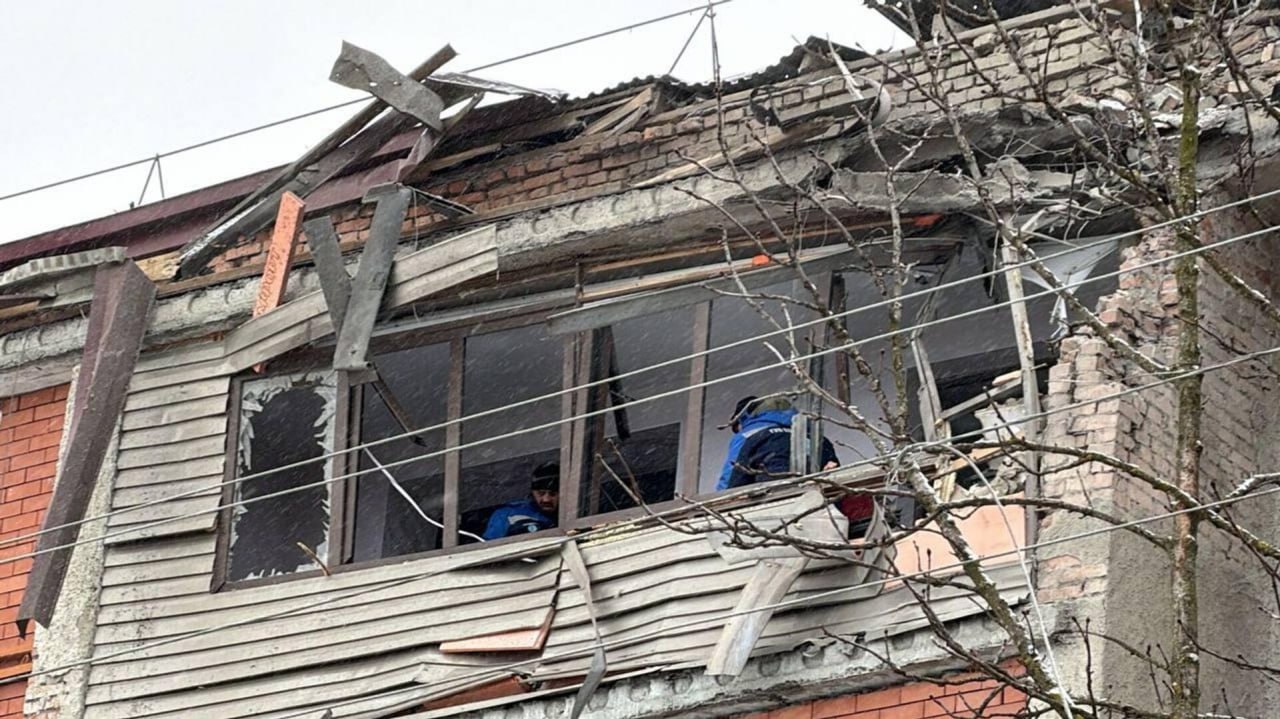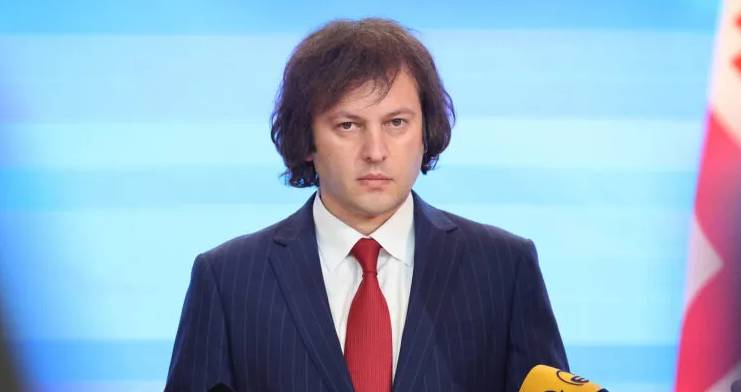Two days after media and Telegram channel reports of an accident involving the son of Chechen leader Adam Kadyrov, official sources have provided no information on the matter.
On March 9, the ruling Georgian Dream party and the pro-government parliamentary group Power of the People announced that they were withdrawing the bill “On transparency in the financing of external influence,” which had already passed its first reading in parliament and caused loud protests from the opposition.
The bill was submitted to the Georgian parliament by the “Power of the People” group in February of this year and was immediately criticized by many NGOs and the media. The document proposes to oblige all non-governmental organizations and media funded from abroad to register with the State Registry Service as foreign agents. As one of the authors of the initiative, deputy Guram Macharashvili, explained, “the public has the right to know where they are financed from.” One version of the bill provided that not only legal entities, but also individuals were required to register, and included criminal liability for failure to comply with this requirement.
Macharashvili argued that when developing the bill, the authors “took into account the best American experience,” while his opponents immediately drew parallels between it and the Russian “law on foreign agents,” which came into force on December 1, 2022 under the official name “On control over the activities of persons under foreign influence."
On March 7, the Georgian bill was adopted in the first reading: 76 out of 150 deputies voted for it. 13 were against it and 61 abstained. After this, protests began in Tbilisi. Several thousand demonstrators surrounded the parliament building, demanding the bill be withdrawn. To unblock the exit for the deputies, Georgian special forces used tear gas and water cannons. During the clashes, several police officers were injured by stones and other objects thrown at them. 66 “protesters” were detained for resisting police, hooliganism, attacking police officers and damaging other people’s property.
The US Embassy in Tbilisi called March 7 “a dark day for Georgian democracy.” Georgian President Salome Zurabishvili supported the protesters and promised to veto the law “written under the dictation of Moscow.”
Despite the statement by the head of parliament Shalva Papuashvili that the bill would be sent for examination to the Venice Commission of the Council of Europe, protests in Tbilisi and other cities continued on March 8.
As a result, the bill was withdrawn. “We see that the adopted bill has caused controversy in society. The “lie machine” was able to present the bill in a negative light and mislead a certain part of the population. The bill was falsely labeled as a “Russian law,” and its adoption in the first reading was presented in the eyes of part of the public as a departure from the European course,” said the statement of the deputies who withdrew the document.
On March 14, riots occurred near the Georgian parliament building again. This time they were hosted by supporters of the “law on foreign agents” - members of the Conservative Movement party and the radical group Alt-Info. They tore down and burned the EU flag near the Georgian parliament building and held a procession in the center of Tbilisi under slogans against foreign agents who are “trying to drag Georgia into a war.” The march participants demanded a referendum on the rejected bill.



